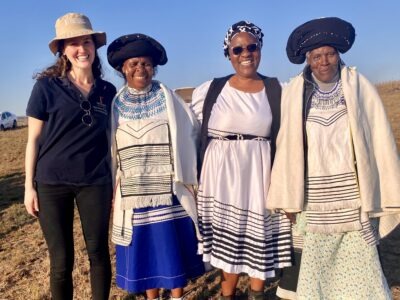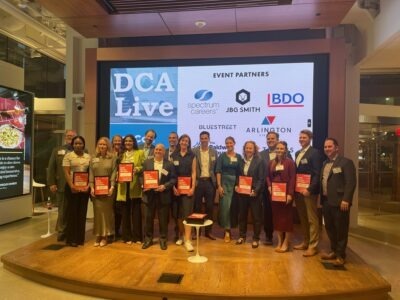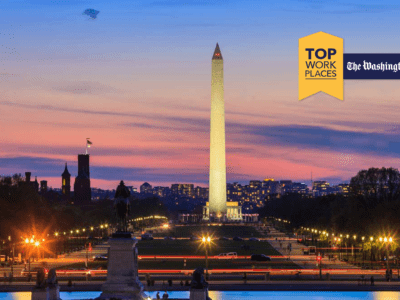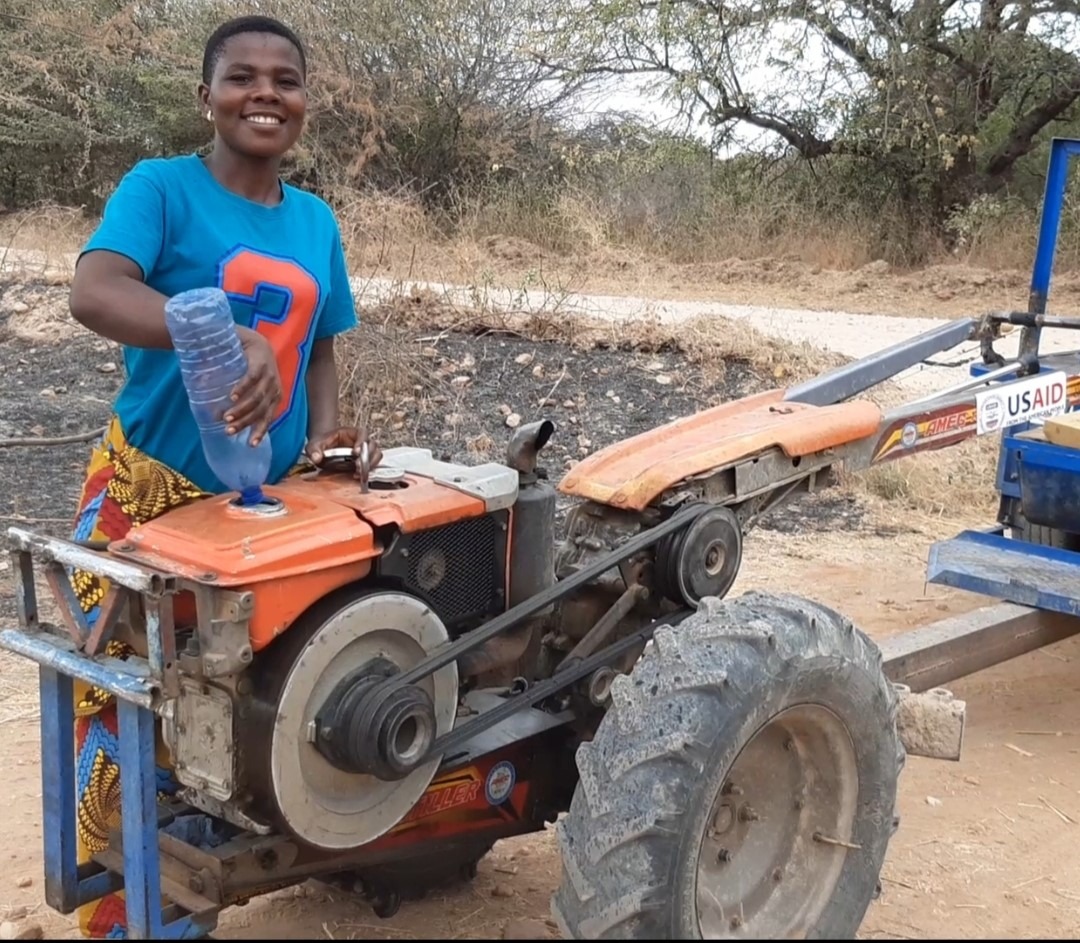
Half of the global population is made up of people under the age of 30, and nearly 90 percent of them live in low- and middle-income countries. These rising youth populations in sub-Saharan Africa, the Middle East, and South Asia present unique opportunities for economic growth and development.
Building off of USAID’s Positive Youth Development approach, which has been at the forefront of USAID programming since 2012, ACDI/VOCA views young people as valuable contributors to development. We seek to enhance youth assets and agency, find meaningful ways to engage youth, and facilitate more youth-responsive environments, both economically and socially.
Connecting Youth to Assets and Empowering Them to Exercise Agency
The more assets that young people have, the less likely they are to engage in harmful risk behaviors and the more likely they are to thrive. We know that risk taking — an attribute of many of the young agri-preneurs we work with in Kenya, Kyrgyzstan, Ghana, and Tanzania — can be a positive thing when youth are provided with skills and supports to thrive. When we invest in youth from high-risk environments, we can influence their feelings about their own abilities.
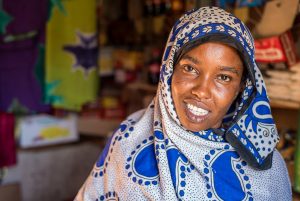
For example, we provided opportunities for skills development and mentoring of young women in Egypt, which improved their sense of agency as their confidence grew. We trained 100 university graduates in technical, business, and soft skills. Female graduates, who normally would not work outside of the home, experienced greater mobility as norms changed, and many took on field-based roles in agriculture.
And when we provide safe spaces for youth to learn and earn in high-risk communities in Colombia, we equip an entire generation of young people to choose more productive and peaceful pathways.
Finding Meaningful Ways For Youth To Contribute
Achieving transformative impacts for youth is not possible without employing meaningful ways for youth to engage and contribute to their own development processes. Young people are capable of advocating for change within their own lives as well as within their families, communities, and countries.
When young people in Jamaica took a lead role in climate change advocacy, they inspired thousands of other youth activists to join forces and influenced policy at local, national, and global levels. Together, they organized a youth-led conference on climate change. They decided on the themes, led the dialogue, and even drafted policy statements themselves. Some participants went on to become youth parliamentarians for the Jamaican government.
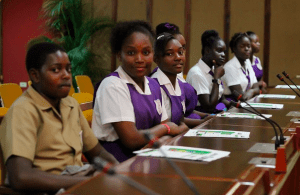
When young women receive holistic support in safe environments in Kenya, they can become mentors to other young girls. When young people are engaged in sustainable agro-forestry in Liberia, they ensure that community forests are managed in a sustainable and economically beneficial manner. And when young people take up good agricultural practices and demonstrate them to others in Tanzania (opening photo above), they stimulate changes in practices across rural contexts that lead to improved productivity.
Creating Environments That Help Youth Thrive
However, even youth equipped with assets, agency, and opportunities to contribute, while powerful, will not go far if they continue to hit barriers within the system. Young people are more likely to thrive when they have safe spaces and caring adult relationships in places where there is gender- and youth-responsive policies and laws and a robust system of service provision for them.
In Colombia, ACDI/VOCA provides youth with access to role models. This allows for intergenerational learning and bonding in communities that still suffer from the effects of a decades-long conflict.
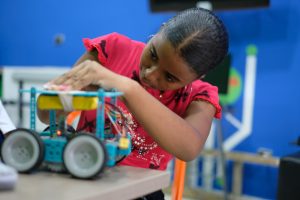
Second-chance opportunities also play a part in creating belonging among youth, many of whom sought belonging in the past from illicit gangs. Dance troupes and other positive outlets provide a similar sense of membership without the negative aspects of gang activity. In Colombia, the USAID Program of Alliances for Reconciliation supports safe spaces, such as dance studios, where youth can learn, bond, and build critical life skills.
Because youth are not a homogenous group, PAR also engages youth with disabilities, LGBTI youth, and others to help them create healthy narratives about how they fit into society.
Youth Systems: Everyone Plays a Role
Youth are not separate from the rest of society; they are part of systems, within which everyone plays a role in their futures.
ACDI/VOCA is a leader in applying systems thinking to improve how markets work for young people. Through our programs in Honduras, Bangladesh, Ghana, Kenya and the Kyrgyz Republic, we take an inclusive market systems approach to economic development. A large part of that approach is incentivizing the private sector to invest in business models and innovations that engage marginalized groups.
When the private sector expands opportunities for youth in outgrower business networks in Ghana, young people gain access to new markets, high-quality and reliable inputs, and training and skills development.
When we partner with multiple partners and at various levels in the Philippines, we stimulate broader opportunities for youth. This includes facilitating hands-on internships and mentorships in agribusiness, cooperatives, and in coffee cupping laboratories as well as getting the public and private sector to invest in the educational needs of youth interested in coffee.

